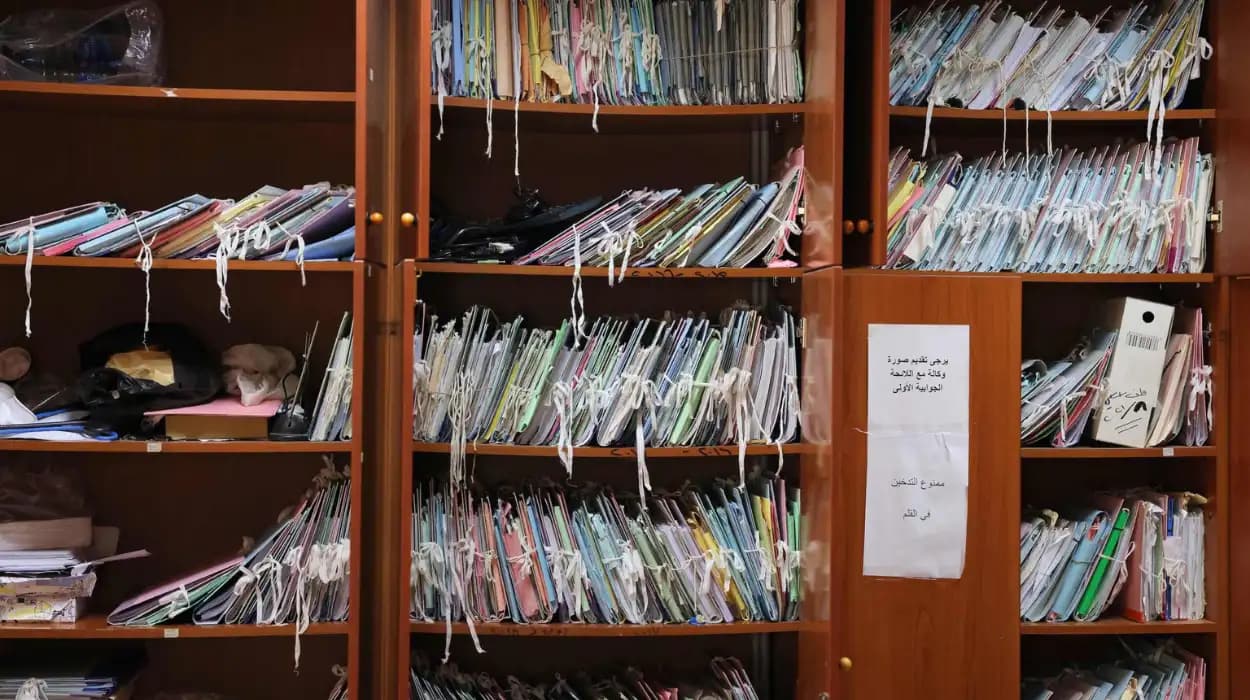Lebanon’s judiciary faces unprecedented operational
challenges amid a severe economic crisis, struggling to maintain independence
and effectiveness. Key judicial figures and experts warn the collapse is
jeopardising the rule of law, with courts underfunded, staff unpaid, and
judicial processes delayed.
Current state of Lebanon’s judiciary amid the economic crisis
As reported by several media outlets including Reuters and
Al Jazeera, Lebanon’s judiciary is grappling with a crippling economic
environment that has severely limited its operational capacity. The economic
crisis, marked by currency collapse, inflation, and political instability, has
left judicial institutions severely underfunded. According to Reuters, court
buildings lack electricity and basic resources, and many judicial staff have
gone months without pay, leading to reduced court working hours and postponed
hearings. This situation has compromised the judiciary's ability to uphold
justice and legal certainty for citizens.
Who are the key voices highlighting the judiciary’s condition?
Judge Ghada Aoun, a prominent Lebanese judge, has openly conveyed concerns in interviews with L’Orient-Le Jour about the dire condition of judicial infrastructure and salaries. She stated that
"the judiciary is on the brink of collapse, which threatens the fabric of legal governance in Lebanon."
Similarly, Fouad Zaiter, a legal expert quoted by Al Akhbar
newspaper, highlighted that the lack of resources and political interference
impedes judicial independence, further weakening the judiciary's role in safeguarding
democratic principles.
How has the economic strain affected judicial independence and effectiveness?
According to the Carnegie Middle East Center’s analysis,
Lebanon’s judiciary has historically faced challenges related to political
influence; however, the current economic hardships exacerbate vulnerabilities.
Financial strain reduces the judiciary’s capacity to operate independently as
judges and court officials become susceptible to external pressures. The lack
of adequate funding for legal aid and investigative resources delays justice
delivery, undermining public confidence in legal institutions.
What are the broader implications for Lebanese society and governance?
The International Crisis Group (ICG) reports that judicial
dysfunction fuels impunity, allowing corruption and political manipulation to
thrive unchecked. Without a functioning judiciary, efforts towards
accountability for economic mismanagement and political crimes are stalled,
deepening public distrust. Furthermore, delays in commercial and property disputes
threaten economic recovery prospects as businesses encounter legal uncertainty.
How are Lebanese judicial authorities and international actors responding?
Officials within Lebanon’s Ministry of Justice acknowledge
the crisis but cite limited government budgets and political paralysis as
barriers to resolving funding deficits. Appeals to international donors for
emergency support have been made, but concrete aid remains insufficient. The
United Nations Development Programme (UNDP) has initiated projects to support
judicial training and infrastructure, yet these efforts struggle against the backdrop
of systemic economic collapse.
What steps could be taken to alleviate the judiciary’s crisis?
Legal analysts and policymakers suggest a multi-faceted
approach: immediate financial aid to maintain court operations, international
technical assistance to modernise judicial processes, and strong political will
to safeguard judicial independence. Establishing an independent judicial
funding mechanism could insulate the judiciary from political interference and
economic shocks in the future.
Lebanon’s judiciary stands at a critical juncture, with its collapse a potential trigger for wider governance failure. The ongoing economic crisis demands urgent attention not only for economic stabilisation but for preserving the rule of law that underpins democratic resilience.
